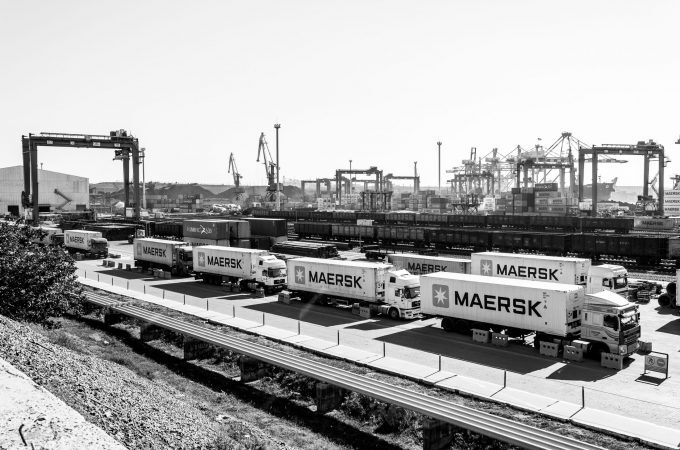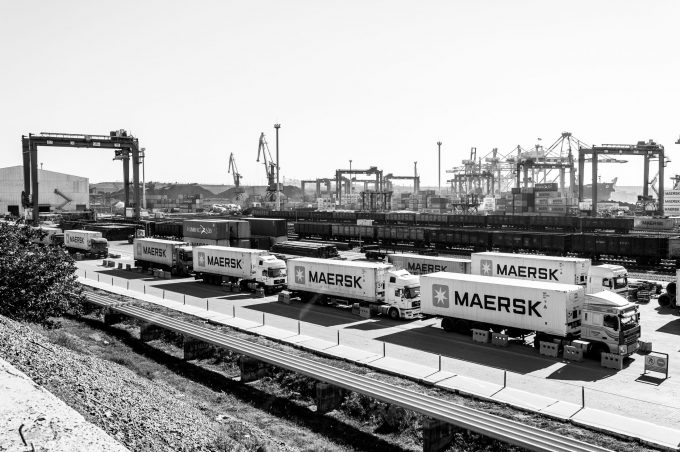

© Ninelroschina Dreamstime.com
EC plans to shift funding for Belarussian and Russian rail freight to Ukraine and Moldova will only have the desired effect if sent instantly as a lump sum, a consultant told The Loadstar.
The funding switch was announced late last week and means some €135m from the Neighbourhood Development and International Cooperation instrument rerouted to facilitate cross-border links between Ukraine and its EU neighbours.
Commissioner for cohesion and reforms Elisa Ferreira said: “The decision to cancel the cooperation with Russia and Belarus is the result of the brutal war of Russia against Ukraine.
“I am glad that the funds we had initially planned for this cooperation will now benefit the EU’s programmes with Ukraine and Moldova. This will help strengthen collaboration between EU regions and local stakeholders with Ukrainian and Moldovan partners.”
Following Russia’s invasion of Ukraine last February, the EC swiftly severed cooperation with Belarus and Russia. It then found itself with €26m it could redistribute to support enhanced cooperation agreements with Ukraine and Moldova.
But Odessa-based consultant Informall BG’s Daniil Melnychenko said: “€135m, if given instantly, would have a big impact on improving Ukraine’s rail freight links to Europe, even if done within a year. But if supplied over the course of the proposed funding span for the agreement with Russia [between 2021 and 2027], it will really have little impact as it ultimately very little money – particularly if you consider it costs about $1m (€919,000) to build a mile of rail track on Ukraine’s brownfield sites.”
Nonetheless, Mr Melnychenko considered support for Ukrainian rail infrastructure a sensible move amid Russia’s repeated efforts to turn off the Ukrainian grain exports tap and reduce the country’s routes to market.
“Having cut Ukraine off from the Black Sea, Russia is now targeting cargo facilities in the Danube with these drone attacks,” he said.
“So, providing additional links into EU markets would be a big boost and, while Russia is conducting attacks within 300 metres of the Romanian border, it is less likely to do so when it comes to Poland.”
Mr Melnychenko stressed the key areas for funding would be transit hubs and connections with Poland and Romania, as this would provide Ukrainian shippers with alternatives to Black Sea ports and relieve some of the pressure on the Danube ports.






